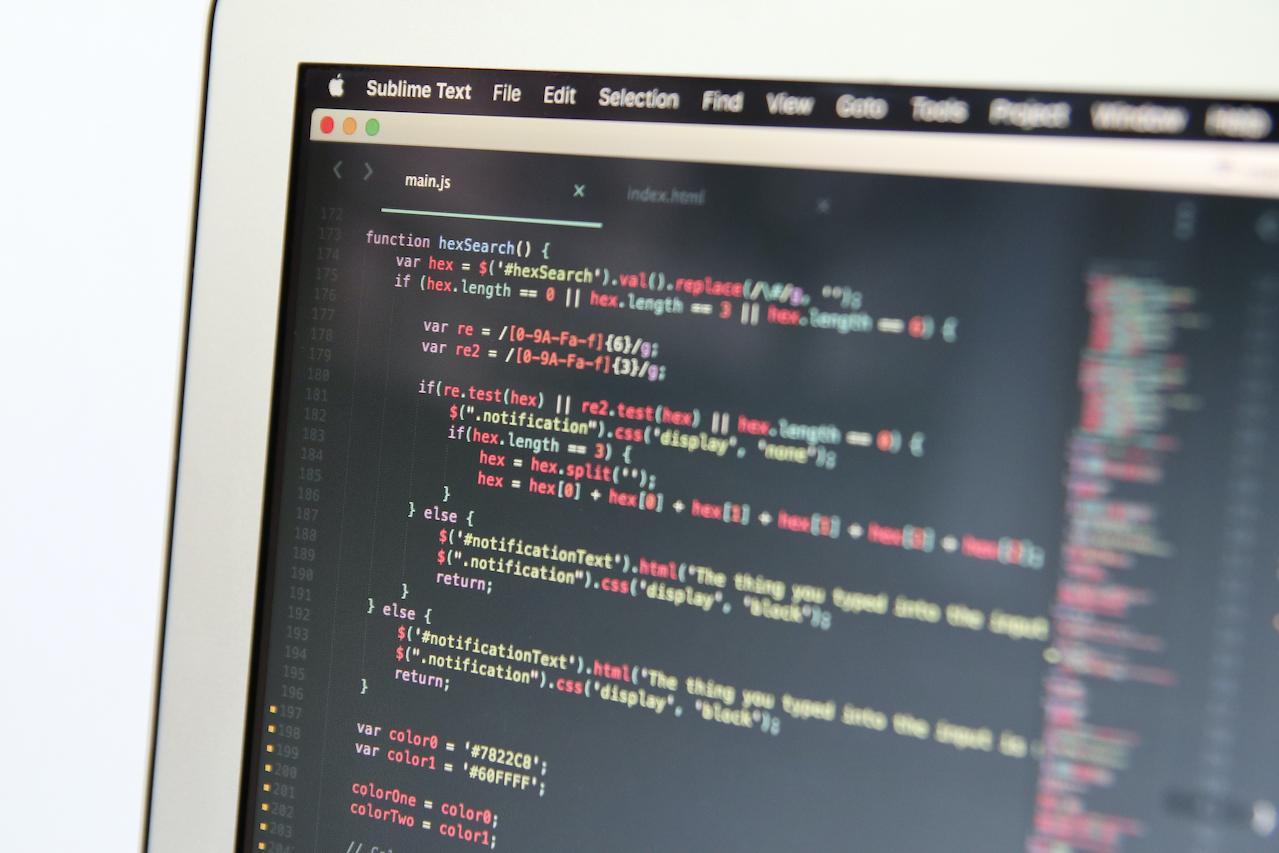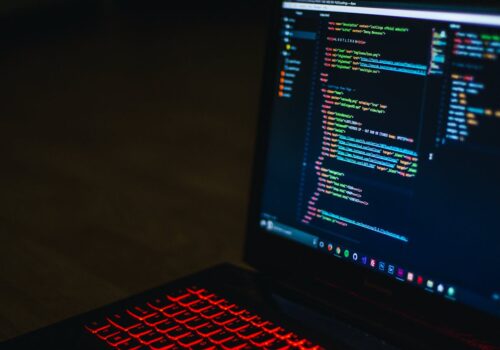10 ways to learn programming yourself
Due to the need of web developers and authors in the labor market, the question arises about how to learn to program. This is a skill that can be applied in several areas at once: writing applications for computers and smartphones, creating websites, etc. It is difficult to learn programming from scratch on your own, it may require investment, but it will pay off later.
10. Figure out why you want to program
The chosen field of study will depend to a greater extent on what exactly you want to learn to program and how much time you are willing to devote to this process. If you want to become a programmer, the first thing you should do is enroll in Professional courses (Google has compiled a list of skills and courses for those who want to become software engineers). If you want to create games and websites for fun in your spare time, interactive courses are the best choice. Bloc has created a comparison chart of courses based on download, cost and reason for learning programming.
9. Choose the right programming language
There is no better programming language, and once you learn one, it won’t be difficult to learn another. So don’t get hung up on choosing your first language. However, it is believed that some languages are easier for beginners than others.
Which language to start with depends on the reason for learning. (For example, if you want to create an iOS app, you’d better start by learning Swift). If you are serious about programming, you can start with C. Although choosing Python will make it easier for you to get into the programming stream.
8. Start small… and be patient
Regardless of your choice of language or learning method, you should start from the beginning. When David Sinsky (David Sinsky) learned to program in eight weeks, he, for example, spent one weekend learning the basics of Python and the other – on Django. Taking the textbook, he deleted the written code and went through the training material again from scratch. Start with the basics and be patient with yourself. Taking the first project in programming, divide it into several stages. And if one of the learning methods does not suit you, do not give up – try another.
7. Try programs for children
Now even kids are learning to program. Although many programs for children’s learning are quite simple, some of them (such as Scratch) are suitable for all ages. It doesn’t matter how old you are, even children’s animated programs can teach the basics of programming (edX has a Scratch training course).
6. Take advantage of free online trainings
Free online trainings and projects (Codecademy, Hour of Code, etc.) can help you write your first program. Tutorials from Khan Academy, Codecademy, Code.org and others will introduce you to the basics of programming and everything you need to create a game, website or other project. Find the source you need by programming language using Bento. This is a good starting point, but further training is your responsibility.
5. Take an online course
Online courses in programming involve more educational training compared to sites offering online training in one language. Such courses are designed to teach basic skills over several months in university-level classes. I’m a big fan of Harvard’s CS50 online course (it’s free). You can even get a university-level education by choosing one of the online courses.
4. Free programming books
If you are stuck on a problem or need to find an answer to your question, don’t forget about the guides. GitHub has a huge collection of over 500 free programming books. A collection of e-books covering 24 programming languages is also available.
3. Learn by playing
Sometimes the best way to learn is through games. While many programming tutorials teach you how to program simple or complex games, some tutorial sites are games themselves: Code Combat and CodinGame are tools you can have fun using.
2. Find or become a mentor
The programming community is full of people willing to help the next generation of programmers. You yourself can become a mentor for someone else. Teaching what you have learned will help you remember the information better.
1. Analyze someone else’s code
By rewriting someone else’s code, examining each line for errors, you can better understand the big picture. Thanks to open source code, you have the opportunity to learn everything – anything – keep learning using an incremental hacking approach





